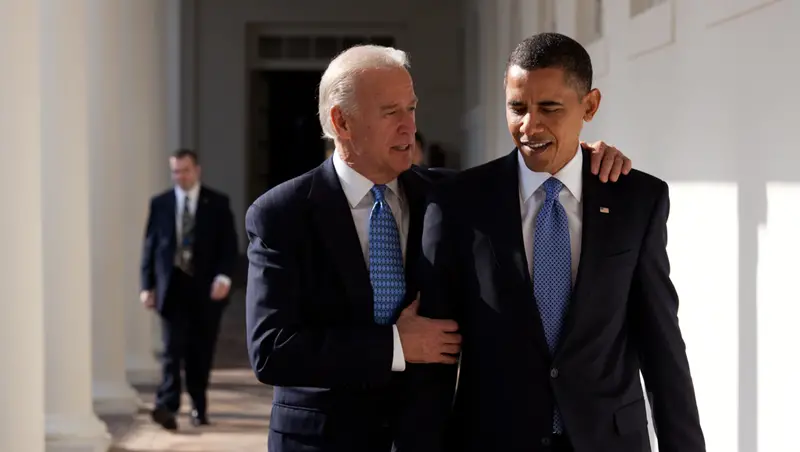Does it really matter who is a candidate’s running mate? Not as much as we think. It used to be common wisdom that a candidate absolutely had to pick someone who was from a different geographic area, and who espoused different ideals, in order to “balance” the ticket. But to what degree does it matter?
The Wall Street Journal says the vice presidential nominee makes little difference.
Vice-presidential nominees make a smaller electoral difference than most political professionals believe, but they matter more for governance than ever before—twin realities that presidential nominees should ponder as they choose their running mates.
As conventionally understood, vice-presidential nominees can serve a range of political purposes for the ticket. They can symbolize the presidential nominee’s desire to bring a divided party back together, as Ronald Reagan did in 1980 when he selected George H.W. Bush, who embodied the Republican Party’s defeated Eastern-establishment wing…
These political strategies have a common defect: There is no evidence that they work. In 2010, political scientists Bernard Grofman and Reuben Kline assessed the impact of vice-presidential selection on voters’ choices in the general election. In the 11 presidential contests from 1968 to 2008, they found, the net effect was at most 1% of the popular vote.
In fact, even in the vice presidential nominee’s home state, there’s little difference.
Over all, the benefit provided by a vice presidential nominee has been quite paltry under this method. On average since 1920, he has produced a net gain of only about two percentage points for the top of the ticket in his home state. . .
Current governors or senators have produced a slightly larger gain on average (about 3 rather than 1.5) than those who were no longer in office, or who were U.S. representatives and therefore represented a Congressional district rather than the whole state.
The classic example of “balancing a ticket” was in 1960, when Jack Kennedy picked Lyndon Johnson: Northeast/Southwest, Liberal/Conservative, Young/Old, Fresh/Experienced, Sophisticated/Earthy, Catholic/Protestant. Of course, once in office, LBJ was hardly heard from. At that time, the vice president had hardly any job at all. FDR’s first vice president, who reportedly said the office was “not worth a warm bucket of [urine].”
Turns out, even LBJ didn’t help much.
What about the fabled home-state advantage that vice-presidential nominees are supposed to give their tickets? “The VP Advantage,” a new book by political scientists Kyle Kopko and Christopher Devine, explores state-level election returns since 1884 and individual data starting in 1952. The authors’ conclusion: Although presidential candidates typically enjoy a home-state advantage of between three and seven points, vice-presidential candidates usually don’t—not even LBJ, who was no more popular in Texas than was JFK.
In fact, a running mate can make matters worse.
the Gallup Organization examined the vice-presidential debates in elections from 1976 to 2008. The median effect for both parties was 1 percentage point. Public support for the Republican ticket in 2008 fell from 43% before the Sarah Palin- Joe Biden debate to 42% afterward.
Things have changed since Garner’s time. The Vice President matters now.
Since President Jimmy Carter gave his vice president, Walter Mondale, important responsibilities in 1977, vice presidents have played increasingly central roles in governance. They often are the president’s most influential adviser, and they serve as what the military calls “force multipliers,” as Joe Biden did when he oversaw the implementation of the 2009 stimulus bill.
In addition, the vice president is not just a “heartbeat” from the presidency. He or she may also be just one election away. After all, Al Gore won the popular vote. GHW Bush succeeded Ronald Reagan. Mondale ran after Carter. Gerald Ford took over for Nixon, just as LBJ took over for JFK. And Nixon ran after Ike. So the choice of running mate may be important, after all.
Related: Complete List of 2016 Vice Presidential Candidates
Donate Now to Support Election Central
- Help defend independent journalism
- Directly support this website and our efforts
